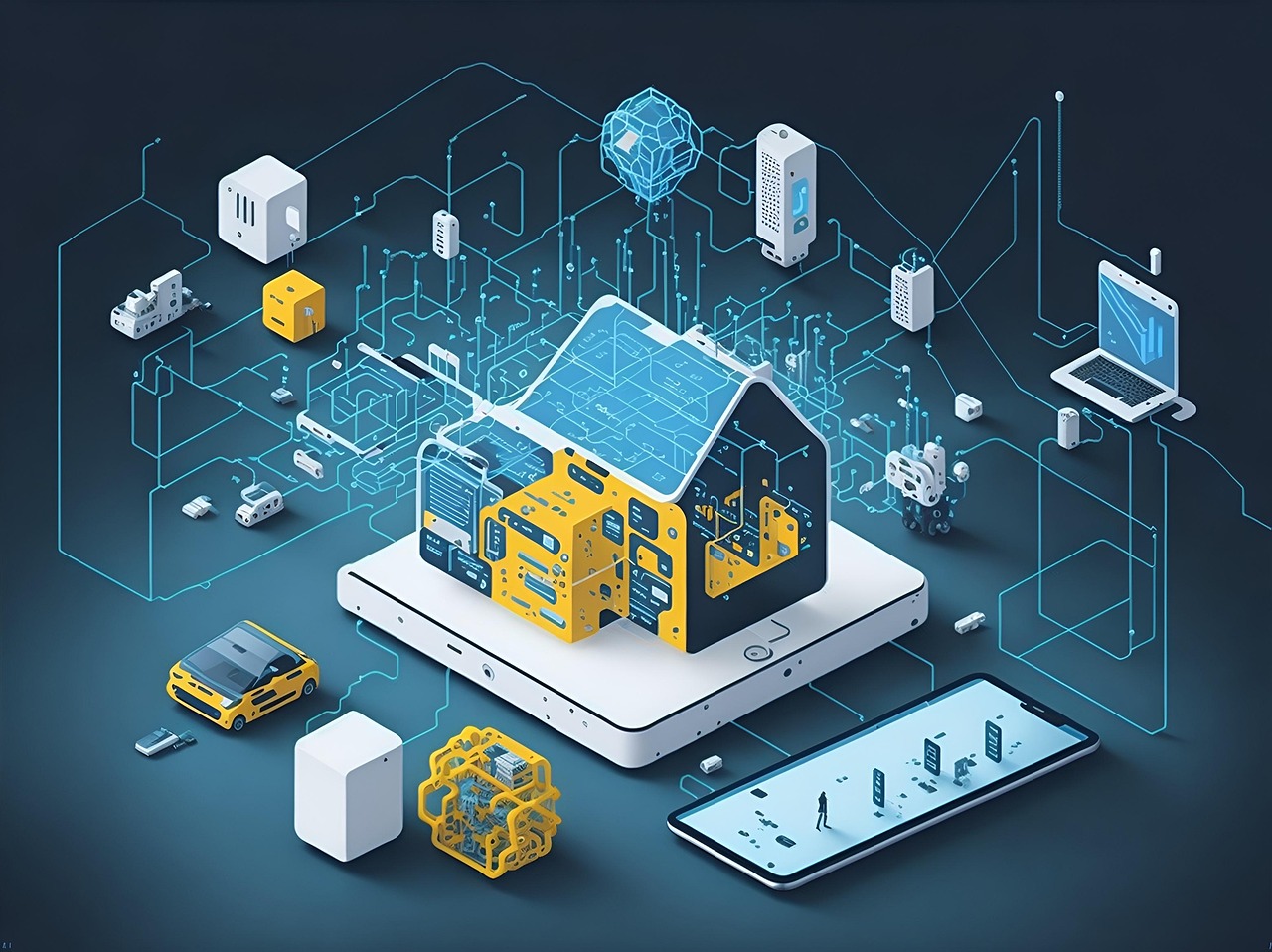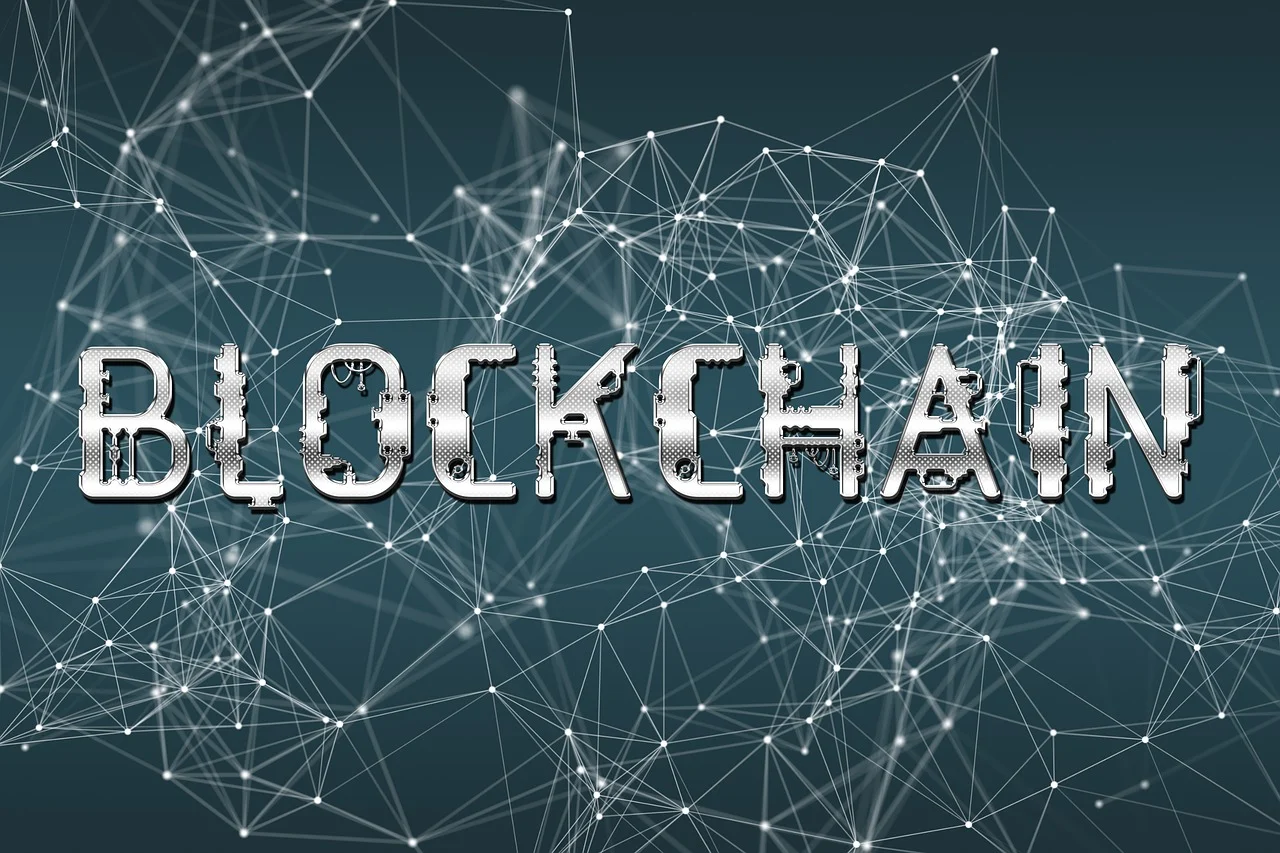Learning to Build on the Blockchain: My Web3 Developer Journey
hive-111030·@kingsleymicheal·
0.015 HBDLearning to Build on the Blockchain: My Web3 Developer Journey
When I first heard the word "blockchain," I thought it was one of those complicated tech things meant for big brains with expensive laptops and Silicon Valley addresses. I was just a student in Nigeria, barely managing to keep up with lectures, living in a hostel where the only consistent thing was inconsistent electricity. But somehow, that strange word kept finding its way back to me on Twitter, during tech events, and in late-night conversations with friends who were "into crypto." [source pixabay](https://pixabay.com/illustrations/computer-technology-connected-8045000/)  My journey didn’t begin in a fancy coding bootcamp or a well-equipped lab. It started in my tiny room, with an old HP laptop that overheated every 15 minutes and a phone I used to hotspot myself when I couldn’t afford Wi-Fi. I still remember the first tutorial I watched on Solidity the language used to build smart contracts on Ethereum. I paused it about 20 times trying to understand just one function. It felt like trying to learn how to fly by reading a car manual. Still, something inside me said, Keep going. Don’t stop now. The internet became my university. I took free courses on platforms like Alchemy University and CryptoZombies. I joined Discord servers where other beginners like me asked “stupid” questions. I started following Nigerian blockchain developers who shared tips, free resources, and opportunities. Slowly, I began to understand not just what blockchain was, but how it could be built and shaped by people like me. My first project was a simple Ethereum smart contract for storing messages on-chain. It was basic, but it worked. That small win gave me confidence I never knew I had. I went on to build a decentralized voting app for a school club just as a demo, of course, but the joy of showing it to others and watching their jaws drop was priceless. What makes the Web3 space special is that you don’t need permission to build. You don’t need to be hired or chosen or given some grand invitation. You can just show up, contribute, and grow. That idea changed how I saw myself. I stopped thinking of myself as "just a student" and started thinking like a builder, a developer, a creator. Of course, there were (and still are) tough days. I've had moments where I stayed up all night trying to fix a bug, only to realize I missed a semicolon. I've had times where I wanted to give up because it felt like I was going nowhere, watching others get internships and grants while I was stuck at the beginning. But then came the breakthroughs small, but powerful. I got invited to join a local hackathon, and my team won third place. We built a decentralized savings app for students using smart contracts. We didn’t even care about the prize we were just proud that we built something real. Then I got my first paid bounty from a DAO. It wasn’t much, but it helped me buy more data, and that meant everything. [source pixabay](https://pixabay.com/illustrations/blockchain-technology-digital-4129138/)  More importantly, I began mentoring others students like me who were just hearing about Web3 for the first time. I created tutorials in plain English, shared my notes, and hosted small study sessions online. And through it all, I realized something: building on the blockchain isn’t just about code it’s about community. Web3 showed me that talent is everywhere, but opportunity isn’t. I’ve met amazing Nigerian devs building real solutions DeFi tools, NFT marketplaces, identity systems using limited resources and unlimited grit. We may not have constant light, but we have constant hunger to learn. Looking back, I smile when I think about how far I’ve come. From struggling with syntax errors to deploying smart contracts confidently on testnets, from watching silently to speaking at small meetups. The journey isn’t over but it’s mine, and it’s real. I may still be a student. But every time I write code that runs on a blockchain, I feel powerful. I feel seen. I feel like I’m helping to build the future right from Nigeria. And that’s a future worth showing up for.